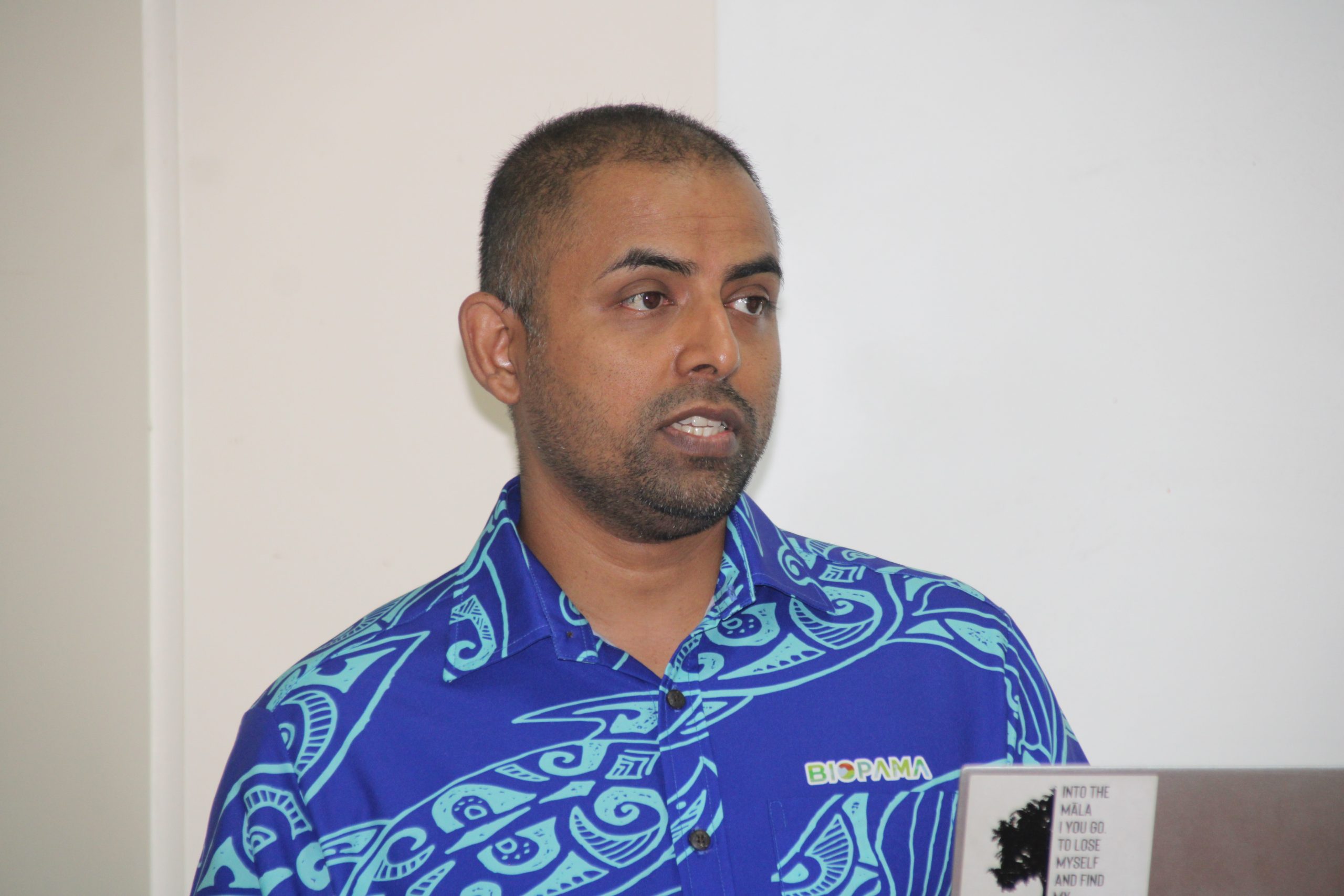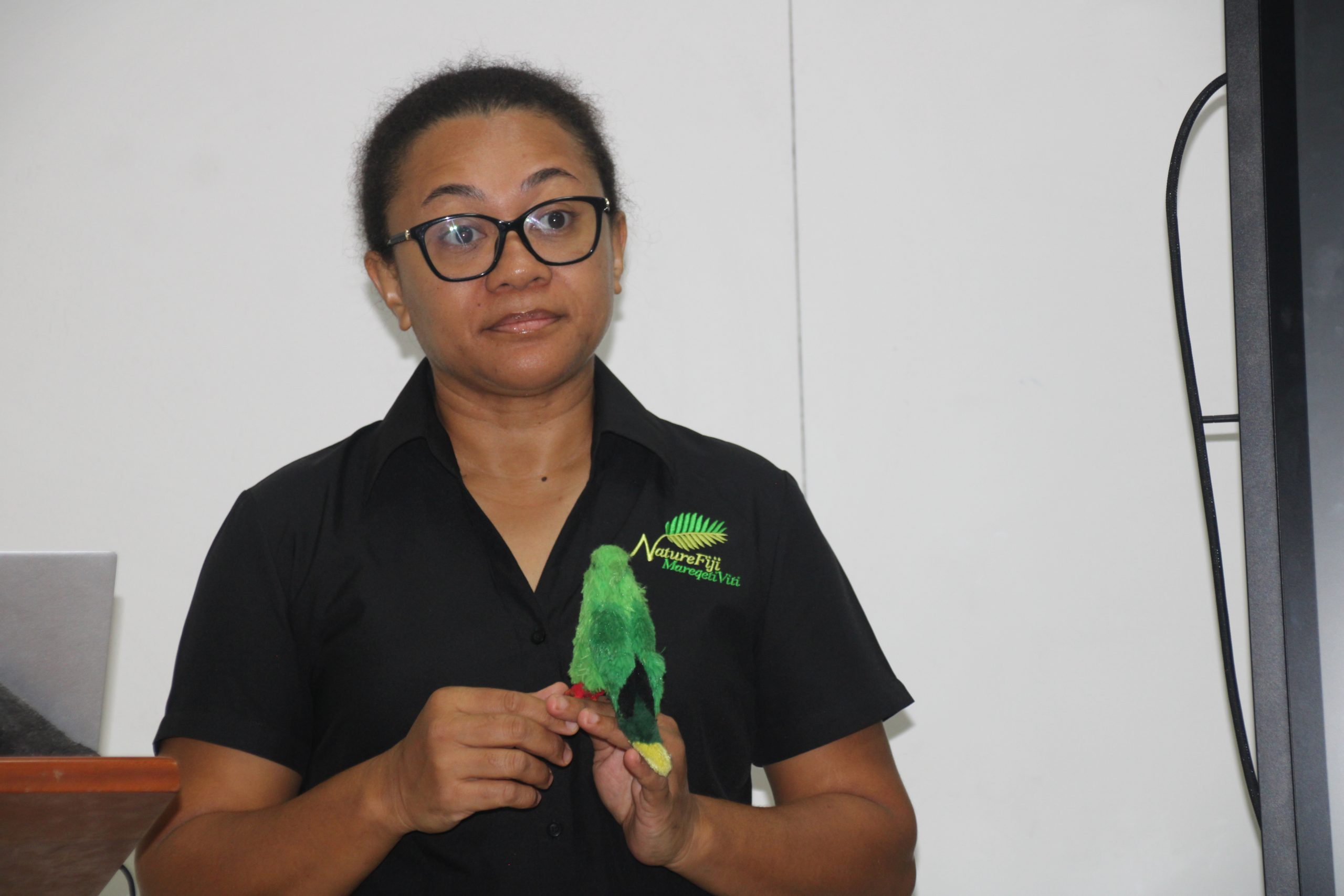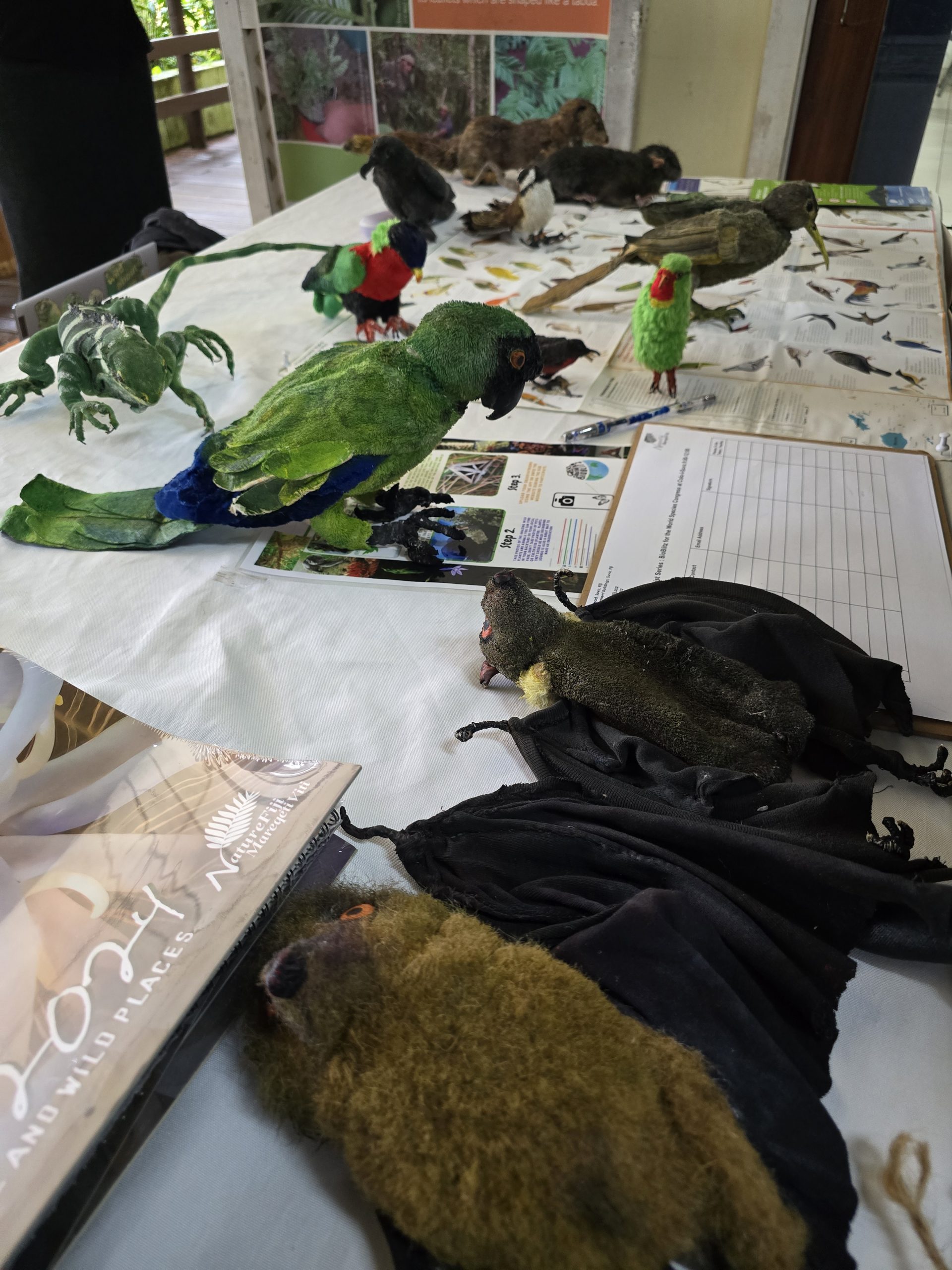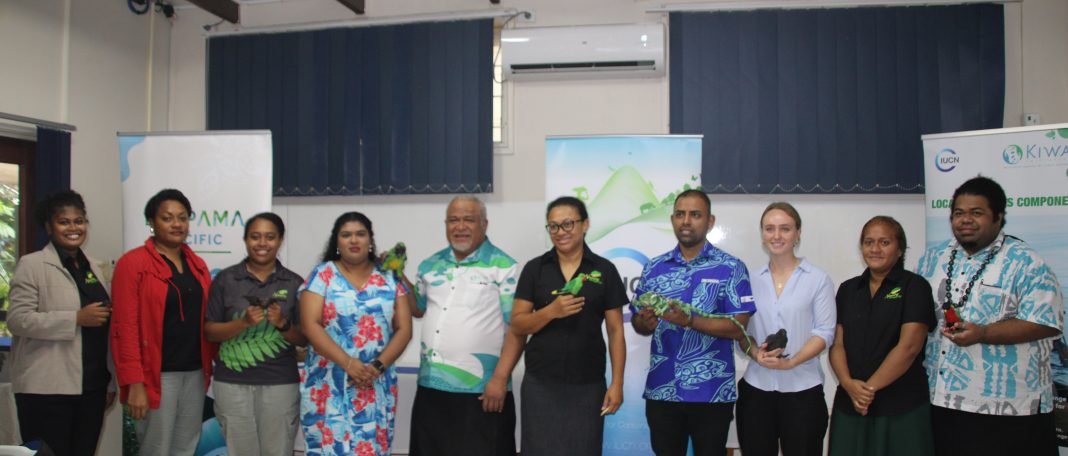In a collaborative event hosted by NatureFiji-MareqetiViti and the International Union for Conservation of Nature (IUCN) Oceania Regional Office, participants gathered to mark the World Species Congress.
The event, organised to celebrate the “Reverse the Red” initiative, shed light on the vital work underway to protect biodiversity in the Oceania region and beyond.
The Protected and Conserved Areas Coordinator at IUCN Oceania, Rahul Chand, emphasised the significance of the occasion, stating, “Today’s event is to amplify our collective conservation efforts and to facilitate critical connections that accelerate our impacts for species.”

Central to the discussions was the aim to reverse the alarming trend of species extinction highlighted by the IUCN Red List.
“Reverse the Red aims to ignite optimism and collaborative action to guarantee the survival of all species we share this planet with and the ecosystems they live in,” Chand said highlighting the urgency of empowering communities worldwide to safeguard biodiversity.
“The work that we are doing is linked to the global biodiversity framework,” he stated, referencing the Kunming-Montreal Global Biodiversity framework declaration.
“By 2030, threatened species are targeted to recover, genetic diversity is to be maintained, and human-wildlife conflict is to be managed.
“We are supporting global objectives that have been endorsed by member countries and parties to the convention of biological diversity.”
The urgent need for coordinated action was stressed as the event highlighted the diverse threats facing biodiversity in the region.
Nunia Thomas-Moko, the Director of NatureFiji-MareqetiViti, emphasised the urgency of the situation in Fiji.
“Species are disappearing at an alarming rate,” she expressed, drawing attention to the loss of iconic species like the Kulawai (Red-Throated Lorikeet), Kacau ni Gau (Fiji Petrel) and the Crested Iguanas”.
She highlighted the multifaceted threats facing Fiji’s unique biodiversity, from invasive alien species to habitat loss due to agricultural activities and development.
“We have special plants and animals that are found only in Fiji and nowhere else in the world… Our program for the World Species Congress is crucial to ensure that our children can see these animals in the wild, not just on currency notes,” Thomas-Moko stressed.

Furthermore, she highlighted the critical role of healthy ecosystems in maintaining community well-being, citing research linking forest degradation to the occurrence of diseases.
“There’s a prevalence of diseases like leptospirosis, dengue, and typhoid that is clearly showing us that if the forest is not healthy, then the people who live around the forest will not be healthy,” she stated.
“The linkages between a healthy system and a healthy community are undeniable… We need to create safe spaces to allow wildlife to continue their roles,” Thomas-Moko elaborated.
She also advocated for the integration of traditional ecological knowledge with scientific expertise, emphasising the importance of inspiring local youth to pursue careers in wildlife ecology.
“I truly believe that if we can inspire one boy or one girl from a Matagali (Fijian clan or landowning unit) to study the plant or animal in their own backyard, then how much better it would be,” she said, highlighting the need to bridge scientific knowledge with traditional wisdom for holistic conservation efforts.















